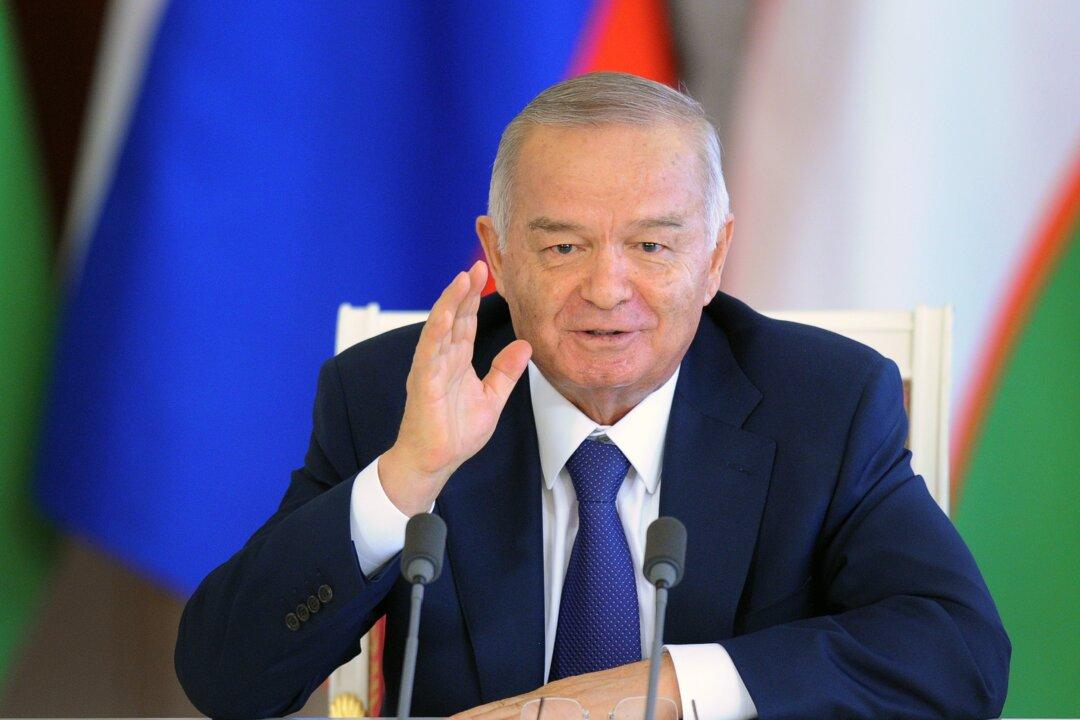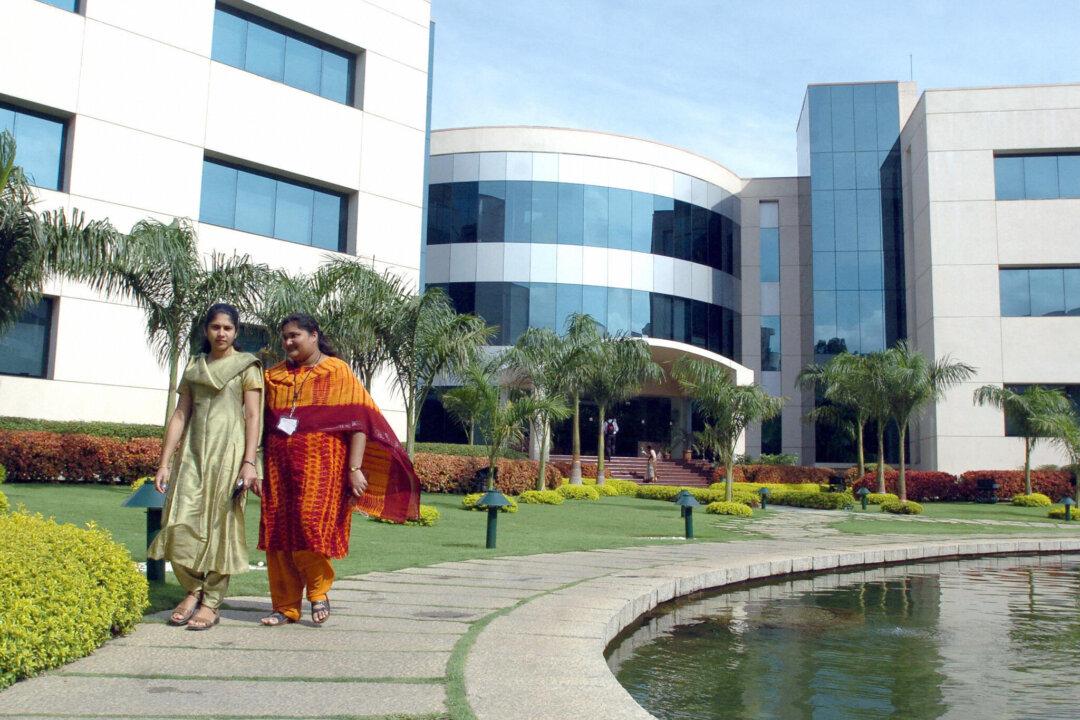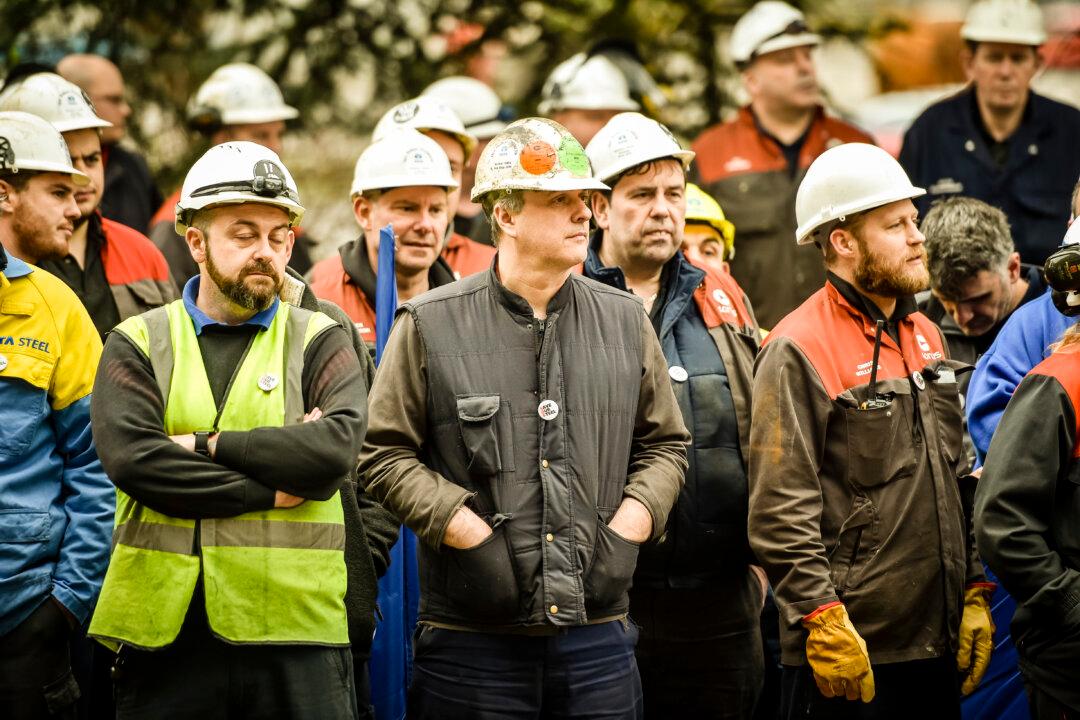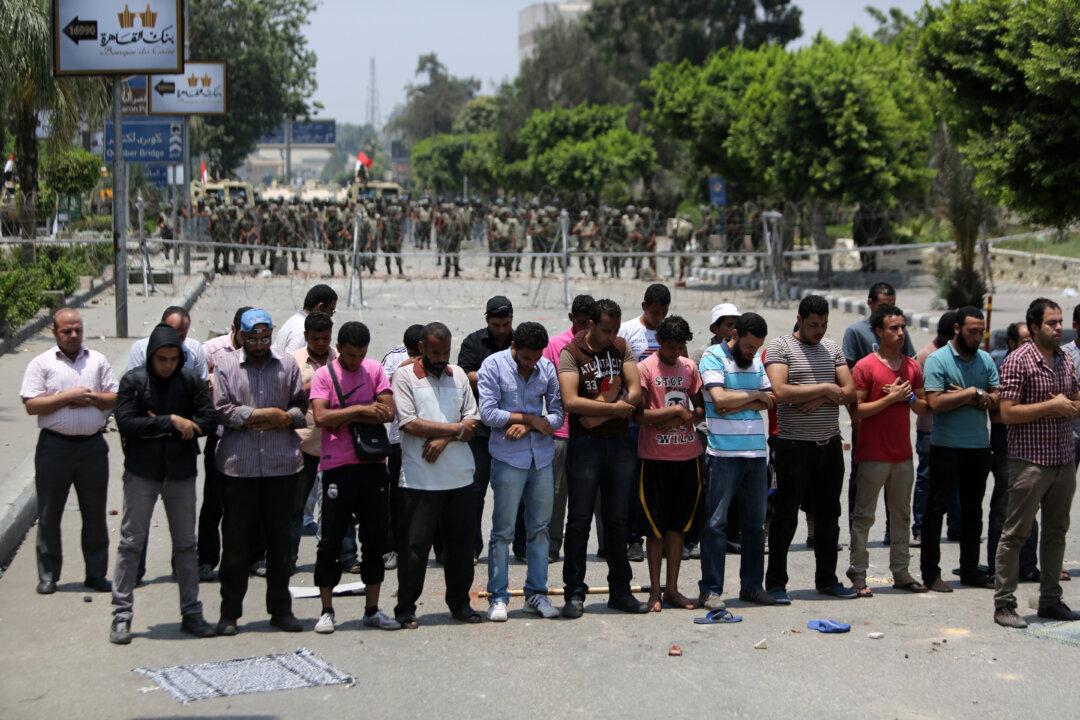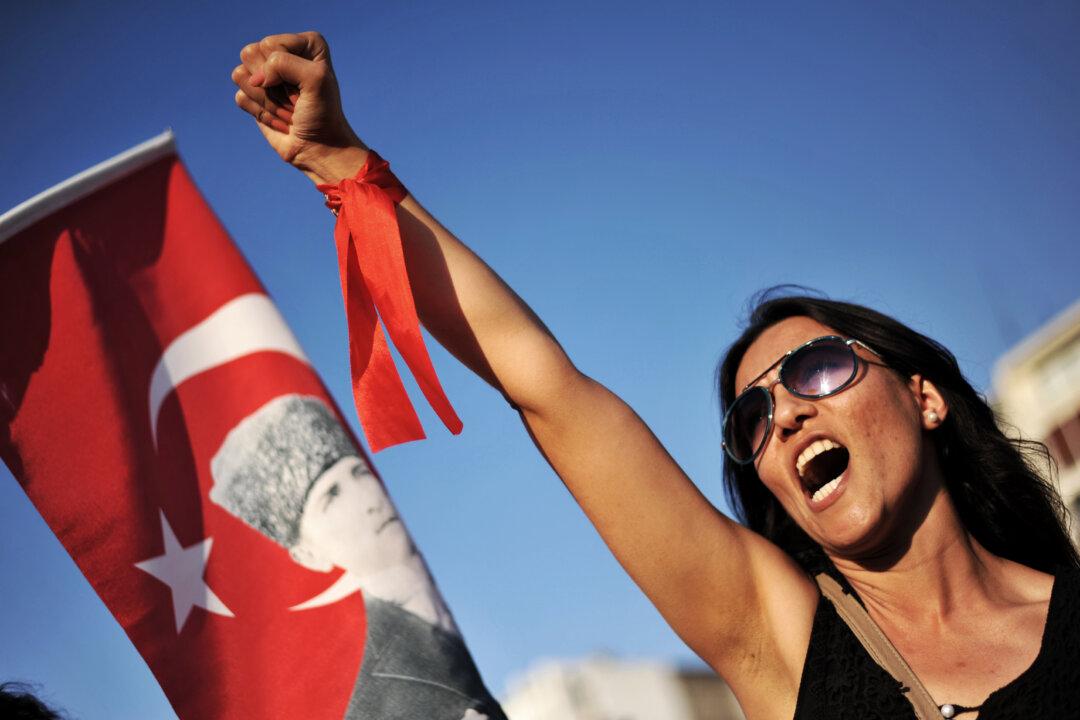Dilip Hiro
Author
LATEST
Uzbekistan Juggles Ties With Russia, China, Other Great Powers
Uzbekistan in Central Asia commands enormous attention from great powers, and Islam Abduganievich Karimov was adept at exploiting such interest. His death will do little to change the country’s manipulative or authoritarian ways, suggests author Dilip Hiro: “Karimov succeeded in getting the better of all three world powers, offering them what each needed at a particular time: local oil and gas resources for energy-hungry China; participation in the waging of Washington’s ‘war on terror;’ and joining the Moscow-led military alliance to back up Russia’s insistence on maintaining influence on its ‘near abroad.’” The government takes a hard line against any hint of nationalist, ethnic or Islamist movements in the population of 32 million, about 85 percent of whom are Muslim. The country’s parliament elected the premier under Karimov since 2003 as interim president. Patterns of manipulating world powers while quieting domestic complaints about corruption and poverty will likely continue.
|
A Quarter Century of Market Reform Leaves India Richer With Wider Inequality
India opened to the world in 1991 with its New Economic Policy that embraced economic liberalization and privatization. The policies lifted India’s GDP, but also widened the gap between rich and poor, explains Dilip Hiro, author of 36 books including “The Age of Aspiration: Power, Wealth, and Conflict in Globalizing India.” Services have climbed, contributing to a growing economy boosted by the internet, mobile phones, and information technology. But the government and citizens struggle to adapt to a shifting economy: Agriculture, employing about half the nation’s workers and contributing about 15 percent to GDP, is in decline. The services sector is strong, contributing about 60 percent of GDP and employing 30 percent. Hiro describes declining subsidies for the agriculture sector and chronic malnutrition among the rural population. “Increased GDP growth has come at the cost of ever-widening inequality,” he points out. He concludes that uneven distribution of economic benefits continues regardless which of two major parties is in power, and that could lead to disenchantment with globalization and global cooperation in the world’s largest democracy.
|
Globalization’s Toll—Tata Steel’s Expansion Dream
Executives in the mining and steel industries miscalculated by expecting rapid growth to continue in China. China’s leaders instead shifted the direction of their economy to rely less on manufacturing and more on services. Slowed growth led to a downturn in demand for commodities like iron ore and coal along with overcapacity in the steel industry. That increased China’s exports, explains author Dilip Hiro. “Whereas EU countries such as France, Germany, and Sweden took steps to protect their respective steel sector from the unfair Chinese competition without imposing tariffs, the government in Britain was laid back.” Tata Steel, Europe’s second largest steel producer, paid a premium to expand by acquiring Corus Group in 2007. Less than a decade later, Tata has announced plans to end operations in Britain. While complex, multi-nation financial arrangements enabled Tata to expand, Hiro concludes “the wizardry of financial globalization cannot be duplicated in the real world of making or extracting such material goods as coal and steel.”
|
Egyptian Coup Splits Middle East
The military coup in Egypt has divided the Middle East and North Africa while creating bizarre new bedfellows. Supporting the coup are Syria as well as the conservative Gulf monarchies and pro-Western Jordan that have been preeminent in backing the anti-Syrian regime. Turkey and Tunisia have joined Iran in opposing it.
|
Turkey’s Economic Miracle Under Fire
Has Turkey’s PM’s success made him overconfident and authoritarian?
|
Uzbekistan Juggles Ties With Russia, China, Other Great Powers
Uzbekistan in Central Asia commands enormous attention from great powers, and Islam Abduganievich Karimov was adept at exploiting such interest. His death will do little to change the country’s manipulative or authoritarian ways, suggests author Dilip Hiro: “Karimov succeeded in getting the better of all three world powers, offering them what each needed at a particular time: local oil and gas resources for energy-hungry China; participation in the waging of Washington’s ‘war on terror;’ and joining the Moscow-led military alliance to back up Russia’s insistence on maintaining influence on its ‘near abroad.’” The government takes a hard line against any hint of nationalist, ethnic or Islamist movements in the population of 32 million, about 85 percent of whom are Muslim. The country’s parliament elected the premier under Karimov since 2003 as interim president. Patterns of manipulating world powers while quieting domestic complaints about corruption and poverty will likely continue.
|
A Quarter Century of Market Reform Leaves India Richer With Wider Inequality
India opened to the world in 1991 with its New Economic Policy that embraced economic liberalization and privatization. The policies lifted India’s GDP, but also widened the gap between rich and poor, explains Dilip Hiro, author of 36 books including “The Age of Aspiration: Power, Wealth, and Conflict in Globalizing India.” Services have climbed, contributing to a growing economy boosted by the internet, mobile phones, and information technology. But the government and citizens struggle to adapt to a shifting economy: Agriculture, employing about half the nation’s workers and contributing about 15 percent to GDP, is in decline. The services sector is strong, contributing about 60 percent of GDP and employing 30 percent. Hiro describes declining subsidies for the agriculture sector and chronic malnutrition among the rural population. “Increased GDP growth has come at the cost of ever-widening inequality,” he points out. He concludes that uneven distribution of economic benefits continues regardless which of two major parties is in power, and that could lead to disenchantment with globalization and global cooperation in the world’s largest democracy.
|
Globalization’s Toll—Tata Steel’s Expansion Dream
Executives in the mining and steel industries miscalculated by expecting rapid growth to continue in China. China’s leaders instead shifted the direction of their economy to rely less on manufacturing and more on services. Slowed growth led to a downturn in demand for commodities like iron ore and coal along with overcapacity in the steel industry. That increased China’s exports, explains author Dilip Hiro. “Whereas EU countries such as France, Germany, and Sweden took steps to protect their respective steel sector from the unfair Chinese competition without imposing tariffs, the government in Britain was laid back.” Tata Steel, Europe’s second largest steel producer, paid a premium to expand by acquiring Corus Group in 2007. Less than a decade later, Tata has announced plans to end operations in Britain. While complex, multi-nation financial arrangements enabled Tata to expand, Hiro concludes “the wizardry of financial globalization cannot be duplicated in the real world of making or extracting such material goods as coal and steel.”
|
Egyptian Coup Splits Middle East
The military coup in Egypt has divided the Middle East and North Africa while creating bizarre new bedfellows. Supporting the coup are Syria as well as the conservative Gulf monarchies and pro-Western Jordan that have been preeminent in backing the anti-Syrian regime. Turkey and Tunisia have joined Iran in opposing it.
|
Turkey’s Economic Miracle Under Fire
Has Turkey’s PM’s success made him overconfident and authoritarian?
|

